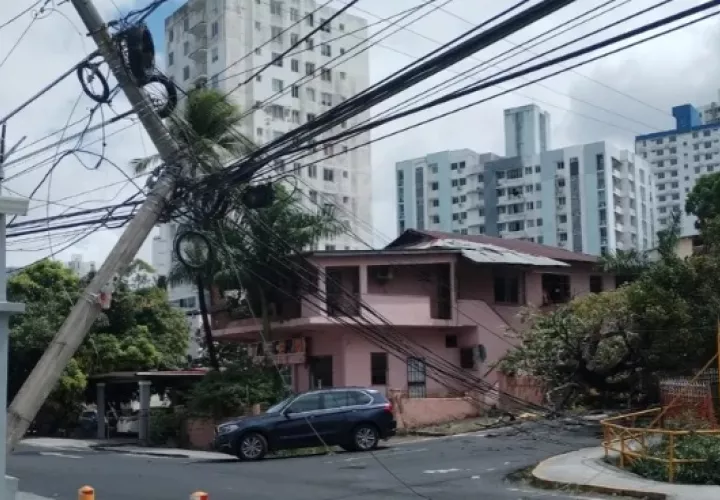PENSION CRISIS: ‘To sit idly by would be irresponsible’- Business Chamber

Panama’s Chamber of Commerce, Industries, and Agriculture (Cciap), reacted to the recent visit of the International Labor Organization (ILO) to support a report −which was delivered last year− revealing that the pension crisis in the country is critical.
The union pointed out that on repeated occasions it has made urgent calls to the national authorities to act with the haste that this serious situation demands.
“The solution is not to go back to a system that has already proven to be a failure; this has also been reiterated by the ILO and by the actuaries of the Social Security Fund. Nor is it taking away from the taxpayers of the individual accounts subsystem, what they have contributed for so long”, stated the union, chaired by Adolfo Fábrega.
In the organization’s opinion, preventing poverty in old age, guaranteeing the financial sustainability of an equitable pension program, and including the participation of workers and employers through voluntary savings to improve pensions are the objectives that must be considered in the face of this crisis.
“Those who are called to lead a country will not always be able to make easy decisions, but due to the responsibility they have assumed, they must seek the best alternatives, with a long-term vision,” the union said.
The Cciap emphasizes that it is aware that reaching agreements is complex and that this will not be fully resolved in this period, but “neither can the President of the Republic and the current authorities be exempted from this responsibility, especially in light of the clear recommendations of the ILO”.
“At least it is urgent to start the process, and in the same way commit the next rulers,” he added.
This statement comes after the board of directors of the Social Security Fund (CSS) received ILO representatives last Thursday, who warned of the consequences of merging the two public pension programs, which would create a cushion until 2028 to face the payment to retirees. But this would only be a temporary exit to later experience an increase in the deficit that would drag down the contributors of the mixed system and those of the defined subsystem.





